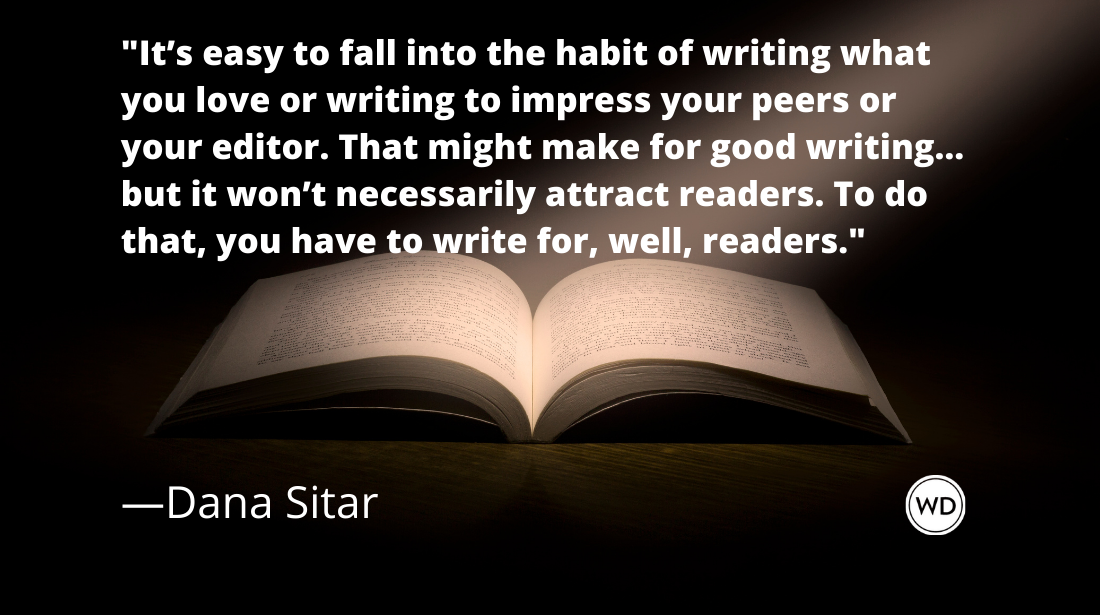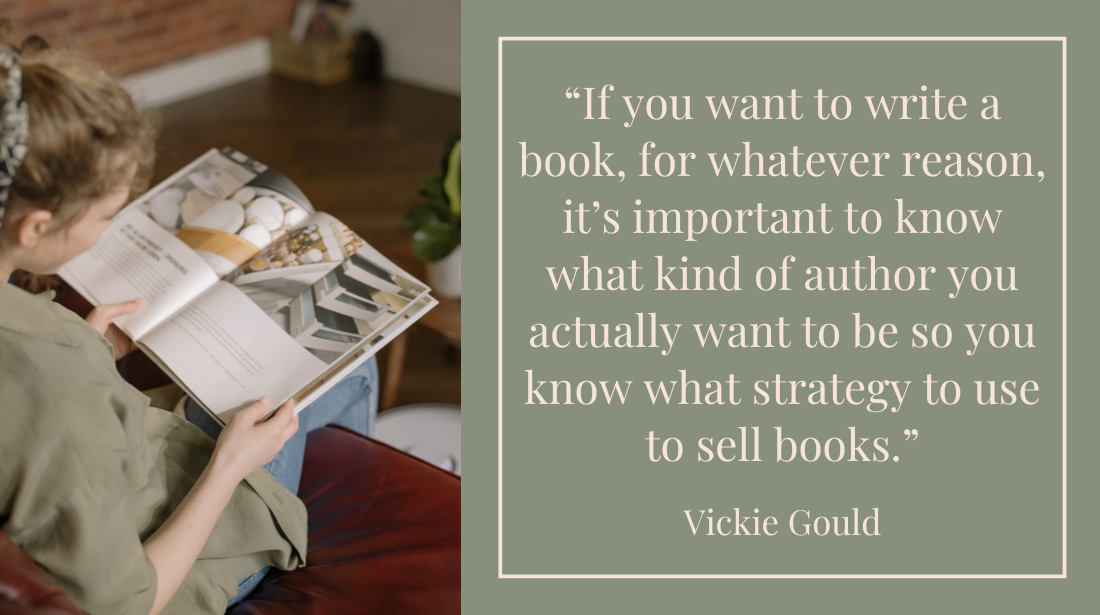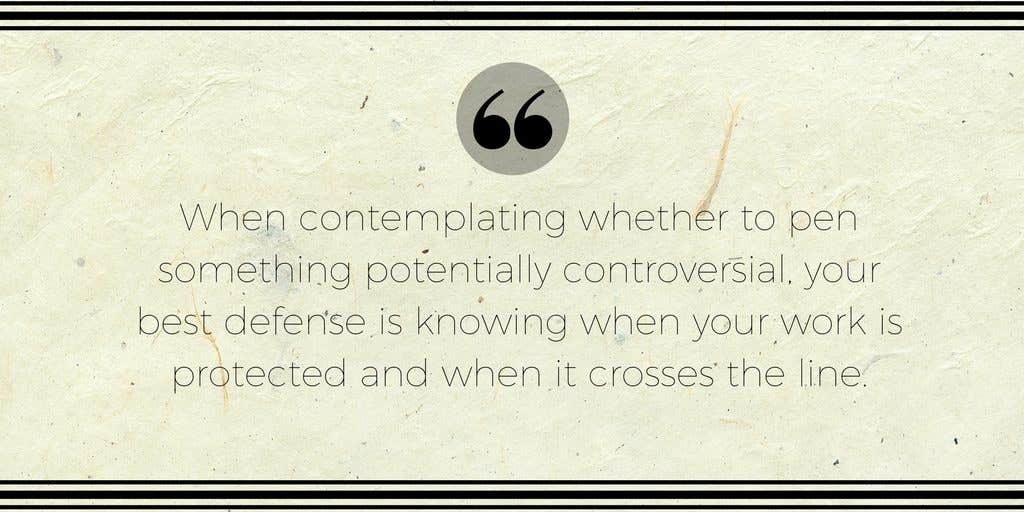Before You Close That Envelope
Here are 10 steps to pay attention to when sending your writing into a competition.
Sending off your work to a writing competition can be even scarier than sending a query letter or book proposal.
An editor or agent will (we all hope) evaluate your query or proposal on its merits. True, if the editor has acquired three books on coping with divorce in the past two years, it's unlikely she'll want yours, and if the agent doesn't represent fiction, he's not going to take on your romance novel. But in general, your work will be judged on its merits and on how it fits into the recipient's title plan or area of expertise. If your novel is similar to something already on the title plan, the editor still can acquire yours and schedule it for publication in a future season. If your agent has sold two books on holistic healing, he may be able to sell yours to a different publisher. Simply put, if someone believes your work is commercially viable, it will be purchased and published.
The world of writing competitions is a bit crueler. Your short story will be up against dozens, hundreds, perhaps even thousands of other entries. It's possible that one judge will do all the ranking for a category; at best, a handful of people will make the decision from the top dozen or so entries. Generally, there can be only one winner and dozens, hundreds, perhaps even thousands of losers. And, in most cases, you won't know why you didn't take the prize. Depending on the level of the first judge's scrutiny, your entry may have been disqualified for any number of reasons that have nothing to do with the quality of your writing.
Follow these 10 steps to make sure your work gets read and judged on its merits.
1. Send your best work. Don't send the poem you wrote in five minutes while you were waiting for the carpool driver to come. You and your work deserve better. Submit entries that you've spent time writing and rewriting until they're the best they can be. Don't be afraid to enter competitions, but do submit writing that you are proud to have bear your name.
2. Read the category definitions. If you're not sure of the difference between mainstream and genre fiction, find out. Many competitions define categories; in general, genre fiction includes works such as romance, mystery, science fiction/fantasy, horror and action/adventure. Inspirational stories typically involve a test of faith (most frequently Christian faith) and an upbeat, positive ending with a lesson or moral learned. If you can't find the right category for your story, consider entering a piece that fits more easily, and look for other competitions that are a better match for the first piece.
3. Follow the word limit. Most competitions will check the top entries to make sure they are within the prescribed word count before selecting a winner. Do they assign a bevy of lower-level editors to count every word? No! They use the word count function in their word processing software. You can do the same thing. For example, in Microsoft Word, you'll find the function under Tools. If you're 10 words over the limit, cut 25--just to be safe.
4. Follow the submission format. If the judges want all submissions on plain white paper, don't use lavender. If they want entries in 12-point Times New Roman font, don't use 8-point New York. If they want entries double-spaced, don't single-space. If they tell you to put your name, address, e-mail address and word count in the top right corner, don't put your name and the word count in the bottom left corner. We agree that these rules are arbitrary and capricious. Still, judges facing a bucket of entries have been known to toss entries solely for reasons like these.
5. Pay the way the rules state. Say you don't have a checking account or credit card, and the competition requires one or the other. Go to your local post office, currency exchange or bank and buy a money order. Under no circumstances should you send cash (and frankly, we'd raise an eyebrow at a competition that asks you to send cash). Be sure you're sending enough money--and not too much. If your first entry is $10, all additional entries are $5 each, and you enter four pieces, send a check for $25. Send a check for $30, and you're unlikely to get a refund, because it would cost the competition more than $5 to process the refund. Similarly, if you send $15, you're probably not going to get a call asking that you send $10 more. It's more likely that your first two entries will go to the judge and the other two will be discarded.
6. Give your entry one last read. Run a computer grammar- and spell-checking program. Then, the next day, print out a copy and find a quiet corner to read. Punctuation correct? No it's when you want its? Characters' names correct and consistent throughout? Now, stop second-guessing yourself. If you find a typo the week after you submit your entry, fix it so it's correct the next time you send the story out. Do not send a corrected version, with or without additional entry fee, to the same competition. Just resolve to do better next time.
7. Give the Envelope one last check. Is the entry form complete? Have you enclosed your entry in the format requested? Is your entry fee correct? Have you enclosed any extraneous materials that weren't requested (resume, business card, photo, incense)? If so, take them out. Then check the envelope one more time.
8. Check the postage. You put a 37-cent stamp on your entry. It arrives at the competition with 50 cents or so postage due. Is that really the first impression you want to give? Check the entry's weight at the post office.
9. Employ return receipt. While you're at the post office, pay the minimal fee needed to get a receipt that your entry was delivered if you're the type to worry about that sort of thing. If you're submitting electronically, use the return receipt function in your e-mail service (in Microsoft Outlook, you'll find this under File>Preferences>Mail>Sending).
10. Beat the deadline. All entries, no matter when they are received, are judged at the same time in some competitions. In others, first-round judges receive the entries as they come in, and about half the entries come in during the two weeks before the deadline. It just stands to reason the judge will be a little softer on the early entries than on those received at the end, when she's already settled on 15 of the 25 entries she needs to send on to the final judge.
Good luck! And don't beat yourself up if you don't win. All judging is subjective--and as your writing progresses, you may one day find yourself in the judge's seat!
This article appeared in the April 2003 issue of The Year's Best Writing.









